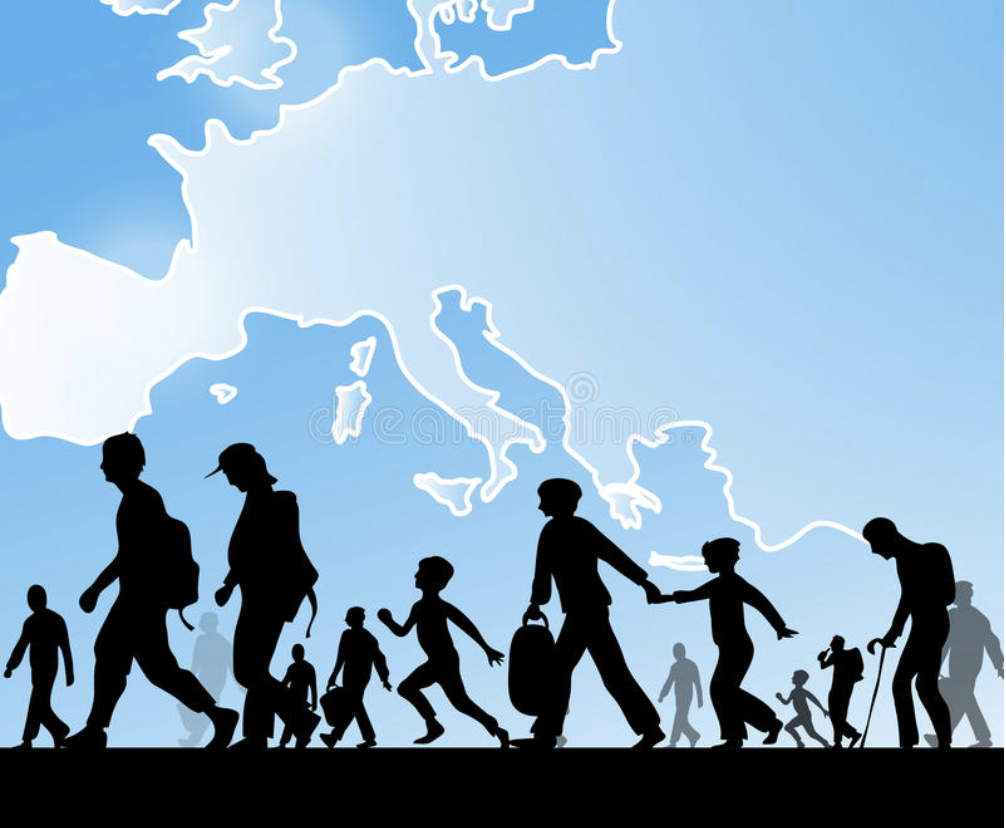As I woke up this morning in the lovely port city of Gothenburg on the west coast of Sweden, I opened my news app to catch up on world news. I regrettably stumbled upon a CNN article that quoted the current US President, DJT, at a news conference in London. Regarding the subject of immigration, he said, “I think it has been very bad, for Europe. … I think what has happened is very tough. It’s a very tough situation — you see the same terror attacks that I do”.
Unfortunately, the US is not alone in these views. It’s pervasive throughout most of the European countries I’ve visited in the past two months. In a discussion I had with a native Swede a few weeks ago, he spoke proudly of Sweden’s reputation of being the most inclusive, welcoming country in Europe to immigrants. Then he paused and said, “until recently”. There has been a rise in anti-immigration, anti-refugee sentiment in Sweden along with other European nations. In fact, foreignpolicy.com featured a piece in early 2016 that lays out the country’s history and changing opinions.
I found myself wondering how immigration became such a controversial and dividing issue across most of the western world. Has it been all along and we are just more acutely aware of it today? Regardless, I struggle to make sense of it all. Most people migrate to a new country for at least one of four major reasons – political, economic, social and environmental. I’m a child of immigrant parents lucky enough to be born in a country built by immigrants. Yet, the great majority of Americans who express anti-immigration sentiment conveniently forget that their ancestors were immigrants.
Most but not all the current global divisiveness around the issue centers around refugees and asylum-seekers. A refugee is a displaced person forced to cross a border and cannot return home safely usually due to war, persecution or natural disasters. When specific to political turmoil, that person is an asylum-seeker. Today, the largest groups are Syrian families escaping brutal violence, Afghanis fleeing Taliban barbarity in what’s now a seventeen-year conflict and Southern Sudanese seeking haven from an ongoing civil war between the government and opposition forces neither of whom seem too concerned with civilian casualties. Together, these three groups represent about 13.7 million people displaced from their home countries. The stories break my heart and remind me that I’m fortunate to have been born in a country that’s not war-torn, politically unstable or impoverished. And, that’s all it is – good fortune.
But these tragic stories don’t have the same heart-wrenching effect on everyone. Some are quick to label these people as criminals, specifically rapists and murderers. Some are empathetic but more concerned about their own self interests. Some state that their country just can’t afford to take care of more people. And, some simply say, Too bad. Life is not fair. For these people, I have a few questions. How does one develop such desensitization to tragedies affecting humanity? Why do some feel that “our people” are more important than “their people”? If “their people” were coming from white European nations, would they develop a sudden onset of empathy and a willingness to help? Why do some think they’re worthy of living in a safe and prosperous environment while others are not?
But above all, there is one question I have to those around the western world who support turning a blind eye to the refugees and asylum-seekers fighting for survival. Imagine for a moment your country suddenly fell into brutal conflict with the lives of your family at stake and you fled to another country’s border out of fear and desperation. What would you want that country to do for you? I think we should all answer that question honestly and re-examine our views. And, of course, let’s also hope that scenario doesn’t one day come true.




